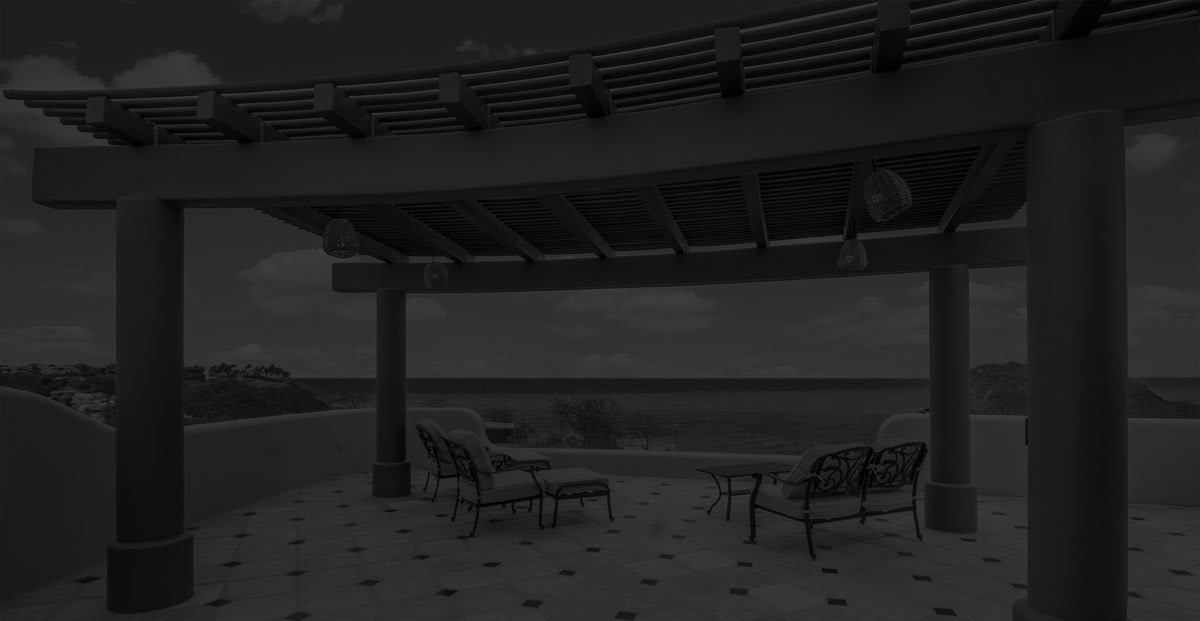BACKGROUND
Bahías de Huatulco – or Huatulco Bays- is a Comprehensively Planned Center (CIP), implemented by the Government of Mexico through the National Fund for Tourism Development (FONATUR). Being located along the South Pacific Coast of Mexico, in the state of Oaxaca, Huatulco supports a very dynamic economy in tourism.
Huatulco contains 9 bays, 36 beaches and is strung along 35 kilometres of beautiful coastline. ITS population is barely 18,000 people but receives an average of 3,400 tourists daily, providing great pressure to the natural and social environment of the region. The southern Sierra Madre Mountains and the Coyula and Copalita rivers border the 21,000 hectares of this beautiful complex. Additionally, 78% of Huatulco ecological regeneration processes are being developed to preserve the natural balance of the region previously affected by logging, hunting and urban development.
Since 2003, Huatulco has been included in the RAMSAR Initiative for the Future of Wetlands, as site 1321, being categorised as a hydrographic basin and coral coast area. In 1998, the Mexican Government declared 6,375 hectares of lowland jungle along with 5,516 hectares of marine area as Huatulco National Park, later being designated as a UNESCO Biosphere Reserve in 2006.
For the year 2009 Huatulco obtains, for the fifth consecutive year, the certification under the Green Globe brand, achieving with this the Silver standard, under the environmental indicators of Earthcheck; thanks to the monitoring and control of emissions from direct sources (consumption of fossil fuels) and global sources (consumption of electrical energy); as well as the efficient management of water resources, reduction in the generation of garbage and conservation of biodiversity, keeping them within excellent practices (best practice) determined in the «Huatulco Benchmarking Assessment Report 2010».
In 2010, Chahué beach achieved the certification of “Clean Beach” before the Federal Attorney for Environmental Protection, the first certified beach in the state of Oaxaca; and it is in this year that Huatulco begins the migration to the EarthCheck brand, which commits to greater scopes in environmental control such as incorporating the monitoring of emissions into the atmosphere, to Scope 1 by Fugitive sources (Oxygen demand for sewage treatment); and optionally Scope 3 for Indirect sources (Travel, Supplies and Trash); which has allowed us in that same year to determine the Carbon Footprint (carbon footprint) of all economic activity, tourism, travel and supplies of tourism development based on the figures generated for the years 2009 and 2010 and propose with this,
At the beginning of 2011, Huatulco fully complied with the EarthCheck certification process corresponding to 2010, thus achieving the corresponding EarthCheck Gold certification as the first and only one in the American continent.
FONATUR understands the concept of Sustainability with a vision of respect for the conservation of the natural environment, promoting tourism, helping to strengthen the local economy, promoting its traditions and culture to improve the quality of life of its inhabitants.
From 2008 to date, Fonatur has obtained the Socially Responsible Company distinction for 4 consecutive years and with this commitment contributes to the tourist destination with various actions.
